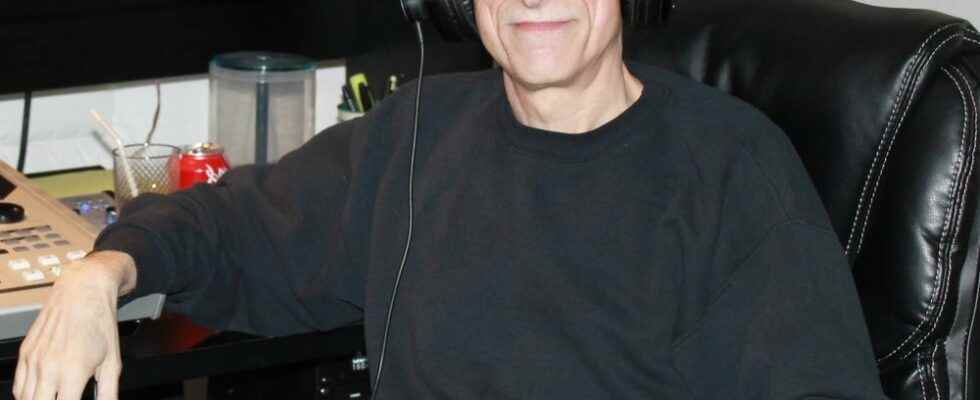David Farquhar’s audio theater productions have been enjoyed in many places around the world, but he never imagined they’d become part of an artificial intelligence project.

David Farquhar’s audio theater productions have been enjoyed in many places around the world, but he never imagined they’d become part of an artificial intelligence project.
Farquhar, president of Chatham-based Design Sound Productions, said his involvement began last March when he received an email from Martin Walsh, vice-president of research and development at Xperi, a subsidiary of Digital Theater Systems, a Silicon Valley tech giant co- founded by blockbuster movie director Steven Spielberg in 1993.
Due to proprietary reasons, Farquhar said not many details of the project can be released, but the original email explained that Walsh was interested in using voice tracks from podcasts produced by Moonlight Audio Theatre, a subsidiary of Farquhar’s Design Sound Productions company.
He said Walsh and his co-workers had often listened to Moonlight Audio Theater podcasts while at work.
“That’s when (Walsh) had a flash of inspiration about using audio drama and spoken word dialogue to evolve their team’s research into machine learning, a component of artificial intelligence,” Farquhar said.
He said Walsh and his team really had to drill down into what exactly was needed. Walsh first wanted mixed dialogue recordings before asking Farquhar if the producer had individual voice tracks.
“I said, ‘Well, yes I do,’ and he said, ‘That’s even better,’” Farquhar said.
Fortunately, the audio theater productions he produces always involve separate voice tracks of all the actors.
Farquhar, though, soon realized his company didn’t own the copyright to the audio theater podcasts offered through Moonlight Audio Theater. However, he informed Digital Theater Systems he had another subsidiary – Voices in the Wind Audio Theater – and he owned the copyright to all of its produced content.
Farquhar was surprised to learn Digital Theater Systems was particularly interested in the children’s titles produced by Voices in the Wind.
When speaking to children, a person’s voice tends to be more embellished than when speaking to adults, the Digital Theater Systems team told him.
“The (research-and-development) team at (Digital Theater Systems) was looking for examples of professionally recorded dramatic speech for use with our new machine learning initiatives,” Walsh said in an emailed statement.
“We found that the quality of recording and performance of the voice actor stems (individual voice tracks) used in the Voices in the Wind Audio Theater productions more than suited our needs in this respect.”
The licensing agreement inked between the two companies has “also set a new precedent for AI development,” Farquhar added.
However, he noted Digital Theater Systems “doesn’t have aspirations to clone anything or create derivatives of those voices, so it’s strictly (research-and-development) purposes only.”
Farquhar still laughs in disbelief at how his home-based operation in Chatham has become connected to Digital Theater Systems Inc., which began making multichannel audio technologies incorporated in Spielberg’s films Jurassic Park and the remastered version of Close Encounters of the Third Kind.
He said Spielberg acted as an initial investor, providing the company with significant momentum.
“Now you’ve got this marriage of a Silicon Valley high-tech firm and an audio theater company that’s in the arts,” Farquhar said. “I really think it’s a pretty cool combination.”
